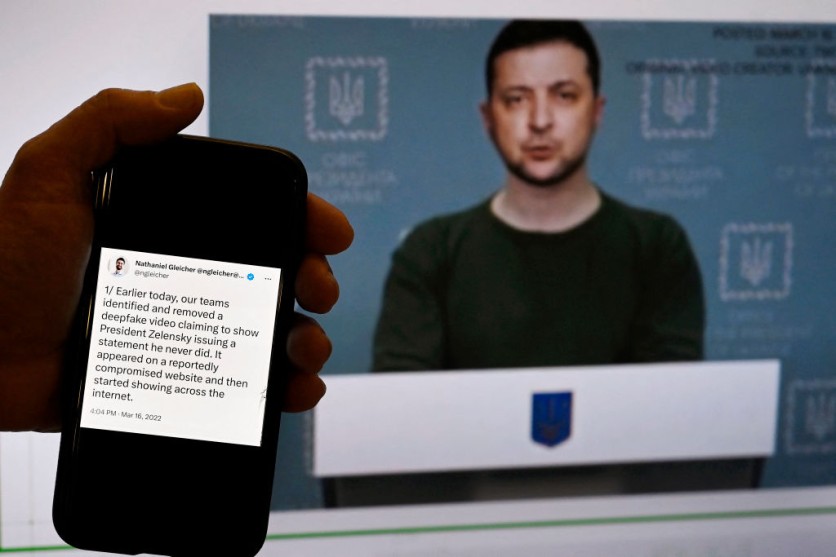Indonesia's upcoming elections proves to be technology-driven, after an AI-generated Deepfake video featuring the late dictator Suharto reportedly made its way to social media platforms. An effort made to remind voters just how important their votes are.
The late dictator identified himself as Indonesia's second president, President Suharto, in the video. After that, according to reports, Suharto asked the people who watched the video to vote for the representatives from the political party Golkar.

The deepfake video was reportedly posted on X back in January 7, sparking a firestorm on Indonesia's Internet. In just five days after becoming viral, the video had received 4.2 million views and 1,200 comments.
Erwin Aksa, the guy behind it, is a member of Golkar, the political party that the previous leader oversaw during his 32 years in office. It is the oldest party still in existence in the country and dates back to the New Order era, which was one of the most corrupt dictatorships in Southeast Asian history. Voting for the party back then was demanded of all government employees due to its immense power and influence.
AI Deepfake to Garner Votes
Golkar's goal in resurrecting a long-dead leader a few weeks before the election was reportedly to sway the electorate to choose the party associated with Suharto.
As a Golkar member, Aksa stated that Suharto's tremendous development of Indonesia makes him very proud of him. Aksa goes on to say that Suharto was very successful, and that people should recognize this and be grateful for his contributions.
More than 200 million people are reportedly expected to cast ballots in this year's election, in which the party is one of 18 contestants. Golkar has endorsed Prabowo Subianto, the front-runner and former son-in-law of Suharto, who was an army general under the military dictatorship. The Golkar party is stated to not be fielding its own presidential candidate.
Users on Suharto's AI 'Resurrection'
The video reportedly garnered unfavorable reactions from the viewers, with users particularly criticizing the use of generative AI to resurrect the late dictator for political propaganda.
Several users criticized the use of a deceased man's voice and face online, particularly when it came to political propaganda. One commenter pointed out that resurrecting deceased dictators is a tactic used to intimidate and trick people into casting ballots.
Another person expressed doubts about the action, questioning when it became morally acceptable to make deepfakes of deceased individuals. asserting that it is unethical.
Politics in Indonesia is heavily influenced by the internet community. In a nation where internet usage is among the greatest globally, nearly every political party and individual politician has a significant social media following in order to gain influence and support.
Deepfakes reportedly have the potential to significantly impact both the campaign trail and the outcome of elections, according to Golda Benjamin, Asia Pacific campaign manager at Access Now, a US non-profit dedicated to digital rights.
Related Article : TikTok Takes Centerstage on Indonesia's Presidential Elections

ⓒ 2026 TECHTIMES.com All rights reserved. Do not reproduce without permission.




